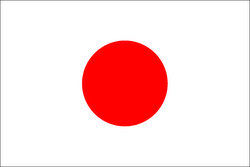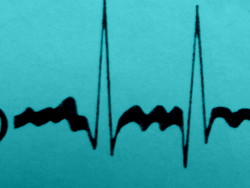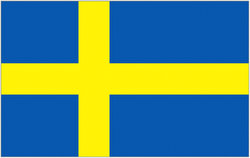 A trial studying the effects of acupuncture for COPD (chronic obstructive pulmonary disease) has been carried out at two hospitals in Japan. Thirty patients were divided into two groups. Both groups remained on their usual medication, but in addition, one group received acupuncture weekly for ten weeks. At the end of the treatment period, the acupuncture group showed significantly less breathing difficulty after a standard six minute walk test.
A trial studying the effects of acupuncture for COPD (chronic obstructive pulmonary disease) has been carried out at two hospitals in Japan. Thirty patients were divided into two groups. Both groups remained on their usual medication, but in addition, one group received acupuncture weekly for ten weeks. At the end of the treatment period, the acupuncture group showed significantly less breathing difficulty after a standard six minute walk test.
(The Effect of Acupuncture in the Treatment of Chronic Obstructive Pulmonary Disease. Journal of Alternative & Complementary Medicine, November 2008).

 A review paper by American authors supports the use of acupuncture for cardiac arrhythmias. In the eight published studies they reviewed, between 87% and 100% of patients converted to normal sinus rhythm after acupuncture treatment. The limited quality of current studies however, calls for further controlled clinical trials with standardized treatment protocols, diverse patient populations, and long-term follow-up.
A review paper by American authors supports the use of acupuncture for cardiac arrhythmias. In the eight published studies they reviewed, between 87% and 100% of patients converted to normal sinus rhythm after acupuncture treatment. The limited quality of current studies however, calls for further controlled clinical trials with standardized treatment protocols, diverse patient populations, and long-term follow-up. Swedish researchers have looked at the effects of minimal acupuncture for colic, in babies unresponsive to conventional treatment. Forty such babies, median age six weeks, were recruited from 21 child welfare clinics and assigned to receive either acupuncture (light needling for twenty seconds at two points only), or the same care except acupuncture. The acupuncture group cried significantly less after the treatment, and exhibited a significant reduction in pain-related behaviour eg facial expression. Parents also rated acupuncture as more effective than the care received by the control group.
Swedish researchers have looked at the effects of minimal acupuncture for colic, in babies unresponsive to conventional treatment. Forty such babies, median age six weeks, were recruited from 21 child welfare clinics and assigned to receive either acupuncture (light needling for twenty seconds at two points only), or the same care except acupuncture. The acupuncture group cried significantly less after the treatment, and exhibited a significant reduction in pain-related behaviour eg facial expression. Parents also rated acupuncture as more effective than the care received by the control group.